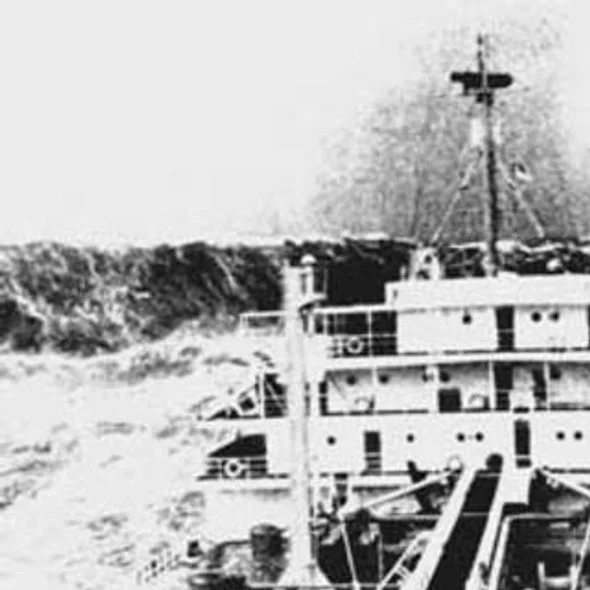I was going through files yesterday and came across letters to the editor and other notes regarding the ongoing discussion of single versus twin engines. While I don't intend to launch into another long treatise on the subject, which has been discussed many time over the years, I did find some letters that offer a perspective out of the ordinary, insight from someone you would normally not hear from.
Boating magazine writers tend to opinionated, yet these opinions are not always based on real-world experience, and perhaps even worse, follow a different agenda. Last summer I heard a well-known editor tell an audience that there is a secret code among marine journalists to never say anything bad about an advertiser or its products. I was quite surprised by the stupidity of that sentiment. What is the value of such thinking? The marine publishing world is full of folks whose boating experience ranges from super hard core to newbie tenderfoot, and everything in between. So it is refreshing to share opinions from someone who has real experience and no ax to grind.
What follows is a letter from an experienced fellow from the Pacific Northwest, whose comments are as valid today as the day they were first printed.
I have been following this story about the single engine versus twins, especially the safety factor of two engines over just one. There has been a lot left out of this equation, mostly because the average boater just does not go out across the ocean on long treks every day.
I was a commercial fisherman for over 45 years. I have fished in both the South Pacific and North Pacific for 20 years. We made trips for up to 60 days at a time, fishing all the way across from Japan to the coast of the U.S. In the South Pacific we worked all the way from South America to New Zealand. I also put 20-something years dragging bottom fish, and we worked up the North American West Coast, across the Gulf of Alaska into the Bering Sea. Before I retired, I fished 12 months of the year around the clock.
I must tell you up front that one cannot make this work with a twin-engine boat. Though it has been tried over and over again, no fishing vessel in the tuna and dragging industry is powered by twin engines.
The reason is that twin-screw boats suck every piece of web and drift debris into the wheel. If you have a twin-engine boat you will be diving on the wheel to clear it constantly. Conditions on the ocean are not as forgiving as inshore, and you might have to drift for days waiting for a chance to dive safely.
A single-engine boat usually has a deep keel, allowing logs and netting to slide along the bilge chine, which is where a twin-engine boat has its props. The only ocean-going vessels that have twin engines are cruise ships (this is for speed) and some specialized tugs (this is for insurance on an oil barge they might be towing), but, except for these reasons, these people would opt for a single engine.
Now I will say that if you want to go fast, over 9 knots, twin engines are the way to go. The farther apart the engines, the more effective they will be, which restricts the hull design to something of a wide, flat-bottom boat, allowing a lot of beam close to the keel. The wine-glass-bottom would not work for twin engines, because the props would be way up on the chine. A deep keel, wine-glass design is an excellent choice for a fishing boat or ocean yacht, but one has to sacrifice speed for comfort.
As far as dependability, you have two engines to maintain instead of one, and a lot of twin-engine boats are difficult to handle on just one engine.
I retired from fishing two years ago. My son is now running our tuna boat, built in steel by Jones Goodell in 1973. She has been working 12 months of the year since she was built. In all that time, we never had a down engine, but we overhaul every 15,000 hours. We have three 40kW gensets, and we go 40,000 hours on overhauls on them.
We did put in a hydraulic chain drive to the propeller shaft. This was done back in the years we could fish off Mexico. We felt it was a good idea because the U.S. Coast Guard wouldn't go down to Mexico to tow you. Never used it.
By the way, we now live on a 50-foot Krogen Whaleback with a single engine.
J. Holt, Gig Harbor, Washington








